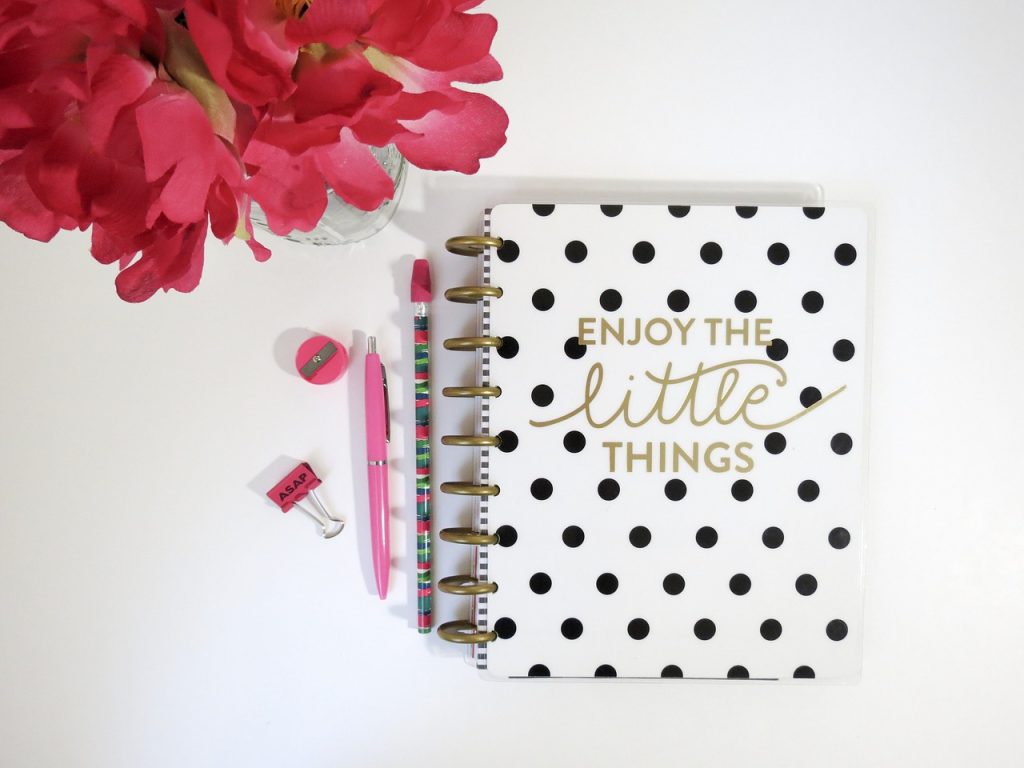Encouraging your child to be more physically active isn’t as hard as it might at first seem. First of all, children are generally full of energy, much more it seems than adults and so all you need to do is guide them into using that energy.
Physical activity is extremely important for children. It helps to build muscles, coordination, and concentration whilst also helping to maintain mental and emotional health.
It’s never too young to begin fostering a love of exercise and activity in children as it can become a habit that helps them to stay healthy and active throughout their entire life.
According to the NHS, young children (under the age of three) need around 3 hours of physical activity each day, with children older needing at least 1 hour per day.
With very young children, simply using things like a baby walker, walking around and playing is good enough, but as children get older, it can feel more challenging, especially as they start to play video games that can lead to long periods of time without movement. That’s why we’ve put together these top tips to help get your children up and active:
- Explore the outdoors – Whatever the weather, try to explore the outdoors a few times each week. This can be as simple as visiting the local park or playground, but don’t forget to take advantage of any other outdoor areas around you such as open fields, nature reserves and woodlands to help your child burn their energy. You don’t even have to worry about structured play, so long as it’s safe to do so, let your child roam and explore, they’ll soon wear themselves out whilst benefitting from fresh air and making their own choices.
- Meet up with friends – Bringing other children into the mix is a great way to boost energy levels and activity. Arranging a group meetup at the playground, park, swimming baths or soft play centre is a great way of getting your child active and keeping it social. Children are usually more excited to play with others and won’t notice they’re even exercising. It’ll also give you time to socialise with other adults.
- Bring it inside – Remember that exercise isn’t limited to outside. There’s plenty that you can do inside whether it’s a dance party, home yoga class, a game of twister or simply doing the housework. They all count as exercise, so get moving.
- Join a class or group – How about a swimming class, gymnastics or dance club? Check your local schools, community centres and Facebook groups for classes near you that your child might enjoy. Not only will they stay active, they’ll learn new skills and make new friends.
- Set an example – Children often copy what they see, so be a positive role model. Go for walks together, do yoga or an online fitness programme at home, go swimming. Simply being active yourself is often enough to encourage your child to follow suit.
How do you keep your children active? Share your tips and advice in the comments!











